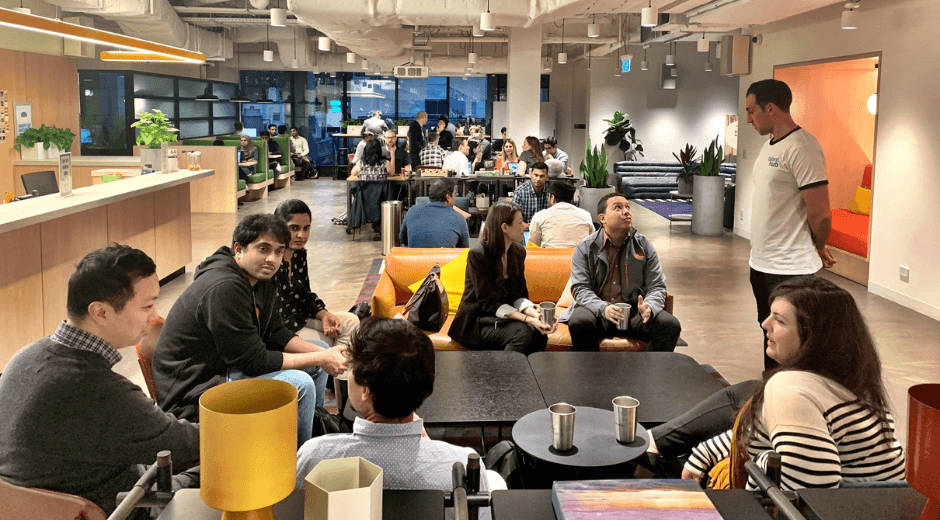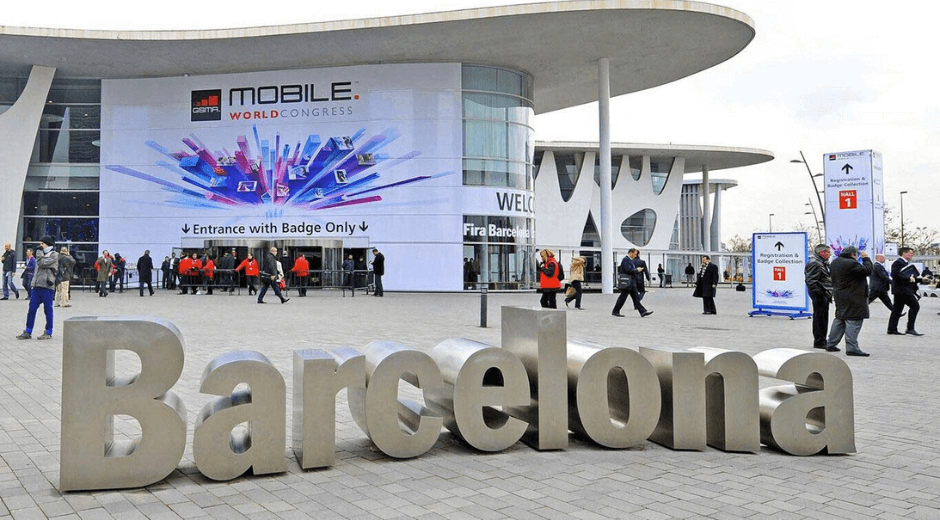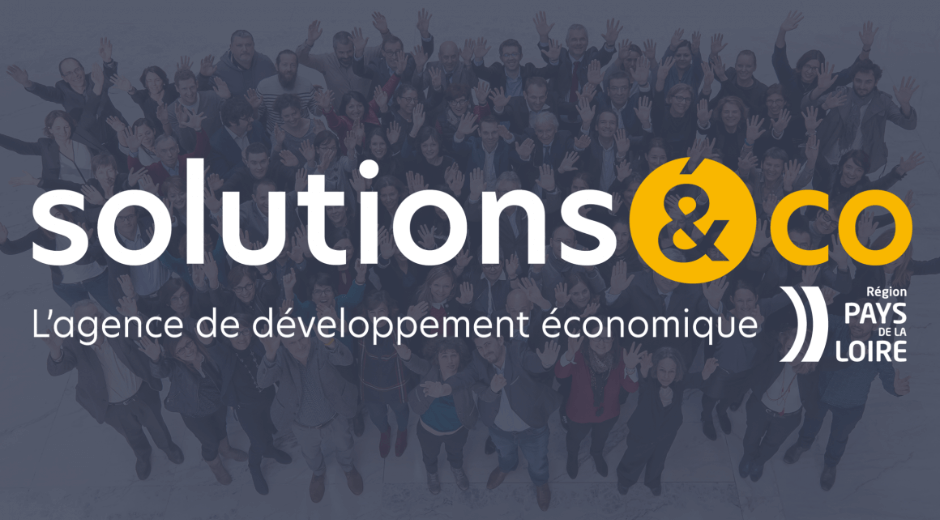How our industry’s value is moving from tourism to economic development

Share news
Listen
It all starts with the objective and what gets measured… Most of the time, the number of delegates and the economic impact are what seem to be the objective of the activity of the convention bureau (and what is reported, as we see when we receive convention bureau year-end reports). If your reporting talks about rooms nights and economic impact, without mentioning impacts beyond the event (knowledge transfer, investment decisions, collaborations between local and international players), then the very DNA of the convention bureau seems to be about filling hotels. But increasingly, this is changing.
The value of bringing an event to your city: much more than room nights
The association of meetings and events professionals PCMA reminds us that “many DMOS (destination marketing organizations) are increasingly “aligning with government and community organizations to support initiatives designed to improve social issues and local quality of life; fuel priority sector development; attract outside investment and high-value talent; and elevate the overall destination brand beyond a tourism lens.” This is quick to read… but stop and ponder: our industry can bring top talent to the destination, stimulate investment or research? That is big, that should get the mayor’s attention and gives events a more relevant role within the strategy of the destination.
Business synergies with attendees who come to town. In Skift, Albuquerque Mayor Richard Berry explains his priority to “bring thought leaders from around the world to increase longterm economic development in Albuquerque. When experts and creatives come to your city, they collide and cross-pollinate with our folks, and we gain from that.” According to this same publication, San Diego also uses conferences to “increase our global identity, increasing foreign direct investments, and better compete on the business attraction, retention and expansion side.”
Talent acquisition. Events could be a way to get top talent to even move to the city, something increasingly powerful in the age of the war for talent. Sidney’s convention bureau even launched the Global Talent Hub initiative whereby they work with the Government and local businesses to attract international delegates to move to Sydney to drive innovation, collaboration and competitiveness. They look at the events that come to Sydney in key industry sectors and identify leaders and then invite them to come and work in Sydney.”

Investment opportunities. Besides business relations, events can lead to local investment, in factories or research centres. Examples? The development in Sidney of a US$213 million research centre on obesity, diabetes and cardiovascular disease partly resulted from hosting the International Congress of Obesity in 2006. And in South Africa, a cardiology conference led to the construction of a factory of paediatric cardiology devices. Or the international AIDS conference led to the opening of two research centres in the country.
Positioning as a leading destination in an industry. Hosting the Mobile World Congress could be the most powerful way of stimulating connections between key tech players and the city of Barcelona and local tech players, besides providing an amazing international visibility of Barcelona as “Mobile World Capital Barcelona”. Another example quoted by Skift is Washington which strives to position the city as a key technology hub and as its most inclusive. Destination DC published a white paper showcasing the strength of the region’s tech sector in an effort to attract more tech industry meetings (number of VC funds, incubators, local talent…).

… and the ripple effect. As MCI’s Oscar Cerezales reminds us, the impacts of events are manifold. Events mean participants and room nights, which generate taxes and influx of money, which help fund economic, scientific / knowledge, and social projects. And the concept of legacy (or durable impact) increasingly helps channel these effects in a proactive and strategic way. It is not anymore about money coming in “in general” but of money, people, visibility, knowledge… being channelled, be it to bring new knowledge to a university, new collaborations by local companies, new sustainable infrastructure of the destination, or more awareness of the local population for a health issue. The possibilities are endless.
MICE promotion, part of the destination’s business strategy. All this points to the fact that the promotion strategy in MICE (the work of the convention bureau) should be an economic development strategy rather than a tourism one (even though coordination with tourism strategy should be total). Monaco is an example, especially mature in that way of conceiving conferences as a tool for economic development. Sandrine Camia, then head of the Monaco Convention Bureau, explained to us how she changed the focus of the Convention bureau from a promoter of the destination’s touristic assets to an active business facilitator. They analyse their economic priorities (healthcare, high tec…) and work with the chamber of commerce to identify what conferences from these fields can come to Monaco. “We put business tourism on the table of economic development, not tourism; this gives us the legitimacy we lacked”.

An example: France connects (or even integrates) MICE and economic development
Caroline Leboucher, CEO Atout France tells us that their strategy is to connect events with non-MICE economic players. “To facilitate this connection, we have organised events inviting MICE players for a VIP experience in the destinations, in a “learning expedition” getting them to meet with local economic players. The connection with local economic players will be increasingly important in our industry”, she says. “This is really a value added for an event: connecting with local players (from pharma companies or research centres to tech entrepreneurs) enriches the event, it helps get events to come to France: for instance, a nanotechnologies conference came to Toulouse thanks to the city’s competitiveness centre, and the resulting event included meetings with these local players. Following this new way of seeing events, in several destinations, convention bureaus and the office for economic development are collaborating more and more. Even, for instance in the “Pays de la Loire” region, MICE promotion and economic development are part of a single entity, called “Solution & co”.












